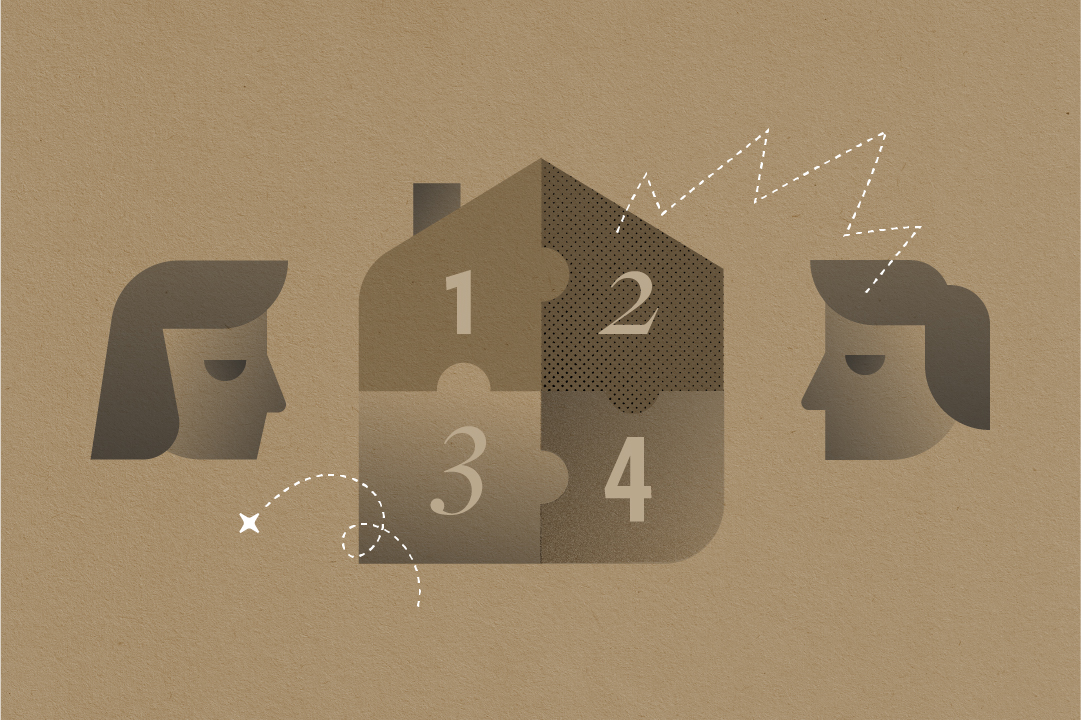Fixed Fee Simple Divorce
elringtons Lawyers are now offering a fixed fee ‘Simple Divorce’ service priced at $900 plus GST plus disbursements.[1]
elringtons’ specialist family law team have developed a streamlined divorce process designed to minimise costs and inconvenience to the client whilst delivering high quality professional service and advice. Our fixed fee ‘Simple Divorce’ promises clients a smooth transition into the next phase of their lives free from the burden of unforeseen legal costs.
Who can apply for a divorce?
In Australia a married person may apply for divorce if either spouse:
- Is an Australian citizen;
- Considers Australia to be their home or intend to live in Australia indefinitely, or
- Has lived in Australia for 12 months immediately before filing for divorce.
A divorce application can be made where a married couple have separated and there is no reasonable likelihood of reconciliation.
When can I apply for a divorce?
In order to satisfy the Court that your marriage has broken down irretrievably, you must have been separated for a continuous period of 12 months and one day immediately prior to filing the application for divorce.
If you and your spouse resumed cohabitation for a period of up to 3 months following your initial separation, you are not required to re-set the continuous 12 months separation period. However, you must have lived separately for a period of at least 12 months in total.
What do I need to prove to be granted a divorce?
To prove the marriage a copy of the marriage certificate must be filed with the application for divorce. If the marriage certificate is not available, an affidavit will need to be filed explaining why it cannot be found.
Australian law only recognises one ground for divorce: that is that the marriage has “irretrievably broken down.” Irretrievable breakdown must be evidenced by at least 12 months of separation.
Separation is established where:
- There is an intention by one or both spouses to end the marriage;
- The spouse or spouses have acted as though the relationship has ended; and
- Where only one spouse considers the relationship to be at an end, that person has communicated this intention to the other.
You do not need to physically live apart to prove that you consider your marriage to be at an end. However, the Court must be satisfied that you have separated. If you are separated but are living under the same roof, you will be required to provide additional information to the Court. Separation under one roof is not necessarily easy to prove and may require evidence from at least one corroborating witness contained in a sworn affidavit.
What does a divorce application involve?
To begin the process, an Application for Divorce must be filed with the Federal Circuit Court. The application can be made jointly or solely and a filing fee must be paid to the Court at the time of the filing of the documents. Your lawyer can prepare the application on your behalf, or you can lodge the application online.
Upon filing of the application a hearing date will be set. If the application is made by one spouse only, it must then be served on the other spouse. You will need to prove that you have served your former spouse and file an affidavit to prove this to the Court.
On the hearing date your application will be considered, and if successful, a divorce order will be granted.
The divorce order will automatically take effect one month after the order is granted, thought the court may abridge the period to nil in exceptional circumstances.
How do I serve the application on my spouse?
If you have not filed a joint application, you will need to serve the following documents on the other party:
- A sealed copy of the Application for Divorce (‘sealed’ means a copy that has been stamped by the Court);
- A copy of the Family Court Brochure ‘Marriage, Families and Separation’;
- An Acknowledgement of Service Form; and
- A stamped self-addressed envelope for return of the Acknowledgement of Service.
If your spouse then returns the signed Acknowledgement of Service to you, it must be attached to an Affidavit of Service which will need to be filed with the Court along with an Affidavit of Proof of Signature.
Service must take place 28 days prior to the date of the hearing if service is being effected within Australia. If the application is to be served outside of Australia, it must be effected 42 clear days prior to the hearing date.
If the application has not been served on your spouse 28 clear days before the hearing date, the matter may be ‘adjourned’, meaning that it will be re-listed for a later date. In order to prevent the matter being adjourned you may ask your spouse to indicate his or her agreement to ‘abridge’ service by signing an Acknowledgement that includes a comment to that effect, that is, that he/she consents to the abridgment of time. Service is ‘abridged’ where the prescribed 28-day period is shortened by the Court on the basis of the parties’ consent.
Service is commonly performed by a process server but may be done by hand by any adult other than the person making the application, or by post. The person effecting service must swear an Affidavit of Service to satisfy the Court that service has taken place.
What if my spouse cannot be found?
If your spouse cannot be located, you may apply to the Court for substituted service (allowing the documents to be served on a third person who the Court is satisfied will bring it to the attention of your spouse) or for service to be dispensed with altogether. To do this you must file an affidavit setting out in detail, the measures you have taken to effect service by ordinary means.
Do I need to attend the final hearing?
If you have made a joint application or there are no children of the marriage under the age of 18, you are not required to attend the hearing.
If you have made a sole application and there are children of the marriage you must attend Court. Your ‘hearing’ will be before a Registrar of the Court and you may be asked some questions about your application.
Do I need to attend counselling?
If you have been married for less than two years, the law requires you to have attempted reconciliation with the assistance of a counsellor prior to making an application for divorce.
If you have not attended counselling, you must seek permission from the court in order to apply for a divorce.
What about our children and property?
A divorce order will not affect your property interests or parenting rights and responsibilities.
Property settlement applications must be made within 12 months of a divorce order taking effect. There are narrow circumstances in which you can obtain ‘leave’ from the Court to file out of time, but we strongly recommend you do not leave this to chance. You should consider attending to property orders as soon as you can, if you have not already done so, to ensure that you protect your existing assets from future claim or otherwise seek to have matrimonial assets divided.
You should also speak to a solicitor about formalising any parenting arrangements that you may have or wish to establish.
If you would like more information about ‘Simple Divorce’ or wish to discuss any other family law matter please contact our family law team in either our Canberra or Queanbeyan office.
e: cturini@elringtons.com.au | p: +61 2 6206 1300
[1]Please note: Fixed fees only apply to the application for divorce. They do not apply to children or property matters. Please see “What about our children and property?”









